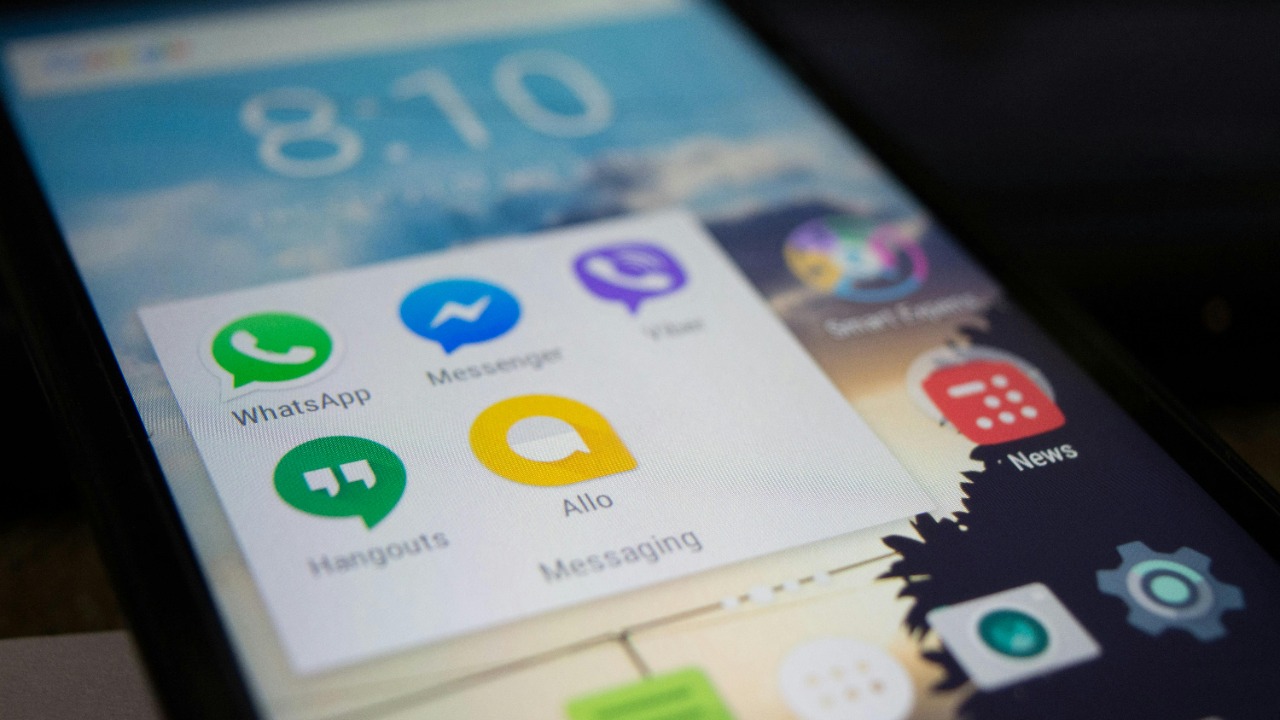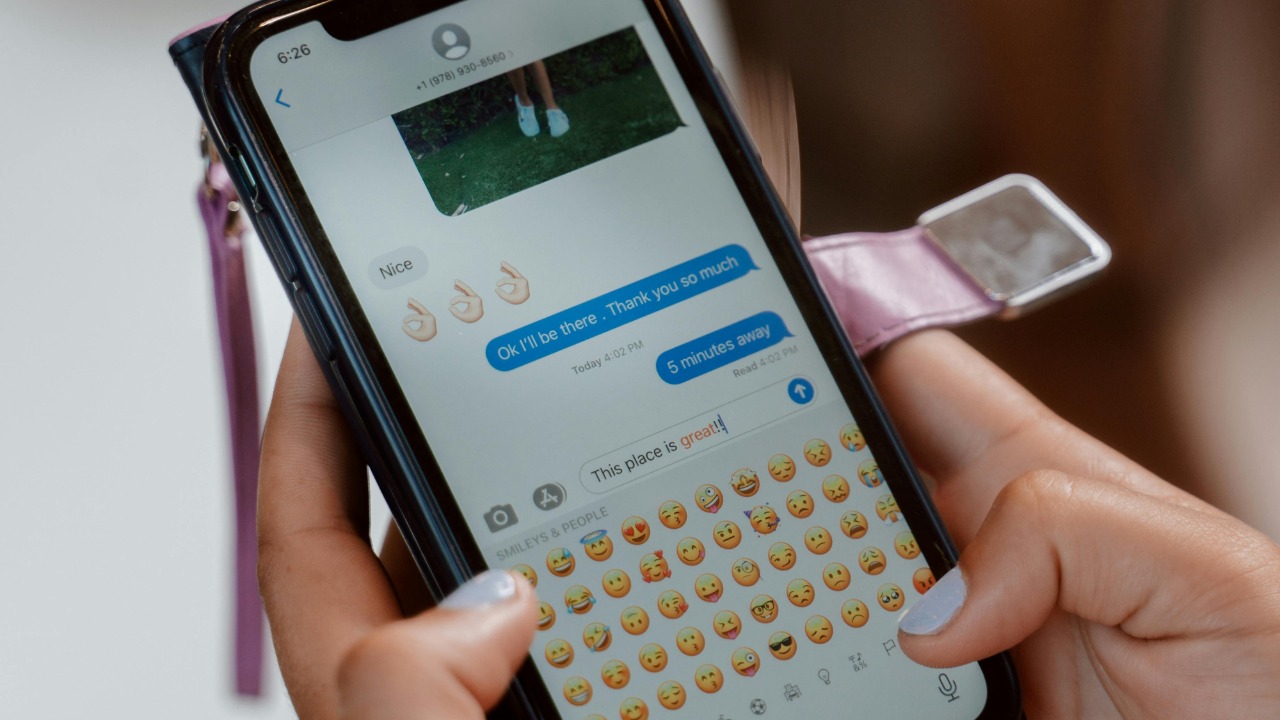
Recently, hidden voice recordings were unearthed in some of the most widely used messaging apps, creating a stir in the tech community. This discovery has brought to light significant implications for user privacy and has prompted discussions on how users can safeguard their privacy in the digital space.
The Discovery of Hidden Voice Recordings

The discovery of hidden voice recordings across various messaging apps was triggered by user reports. In a particular case involving WhatsApp, a Reddit user shared his father’s peculiar experience of finding hundreds of audio messages stored in the app’s files. This Reddit thread also sparked further investigation into the issue.
From a technical perspective, this discovery has raised questions about how these voice recordings are stored and accessed within the apps. In-depth analysis conducted by tech experts revealed that the recordings are saved in the app’s data storage, often without the user’s explicit consent or knowledge. Even after deleting the messages from the chat, these files persist in the app’s storage, thereby raising serious privacy concerns.
The Implications for User Privacy

The discovery of these hidden recordings represents a significant breach of user privacy. The legal implications of this discovery are still being explored, but it is clear that these hidden recordings could potentially violate data protection laws and regulations.
Moreover, this discovery could significantly damage user trust and the reputations of the affected apps. Users might feel betrayed, knowing that their private conversations are being recorded and stored without their consent. It remains to be seen whether these recordings are a result of intentional design or an oversight in security measures.
Response from Messaging Apps

The response from the implicated messaging app companies has been varied. While some companies have yet to issue a statement, others have endeavored to reassure users about their commitment to privacy. However, the effectiveness of these responses in ensuring user privacy and security moving forward is yet to be determined.
Following this revelation, these companies are expected to take necessary steps to address the issue. This could involve implementing stricter data storage policies, improving app security, and ensuring transparency with users about how their data is stored and used.
Alternatives for User Security

In light of these concerns, users may want to consider alternative messaging apps that prioritize user privacy. Telegram, for example, is widely recognized for its commitment to user privacy and security. This analysis sheds light on why users might want to make the switch to Telegram or similar apps.
These alternative apps often provide features such as end-to-end encryption to ensure user data security. Users can also take proactive measures such as regularly clearing chat histories and disabling automatic media downloads to protect their privacy. A detailed guide on the security features of Telegram provides useful insights into how users can leverage these features to their advantage.
The Future of Messaging App Privacy

Looking forward, the tech industry must take a proactive role in improving privacy and security in messaging apps. This could involve the development and adoption of advanced encryption technologies, as well as the establishment of stricter data protection laws and standards.
Regulatory bodies also have a crucial role to play in enforcing privacy laws and standards in the tech industry. These bodies must ensure that tech companies are held accountable for any breaches of user privacy. Through collective efforts, it is hoped that the future of messaging app privacy will be secure, giving users the confidence to communicate freely without fear of their privacy being compromised.